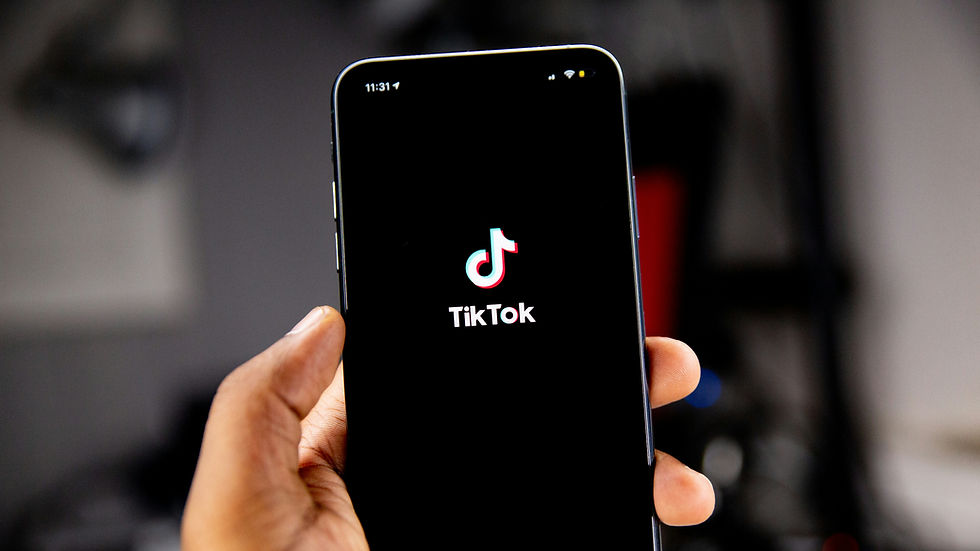Google AI Glasses Development Complete, Taiwan Manufacturers Considered
- tech360.tv

- Aug 25, 2025
- 2 min read
Google has reportedly completed the development of its first artificial intelligence-enabled glasses, with manufacturing rumoured to take place in Taiwan. The US search giant has not yet selected a contract manufacturer for the devices.

Taiwanese companies Quanta and HTC are considered potential contract manufacturers for Google’s anticipated AI glasses. These products are expected to become essential mobile devices, driving rapid industry expansion.
Quanta was responsible for the prototype design and is a strong candidate for the manufacturing contract. However, market rumours suggest that HTC may also produce the devices.
HTC recently launched its own AI glasses model, the Vive Eagle, which the company stated was 100 per cent manufactured in Taiwan. This demonstrates HTC’s manufacturing capability in the sector.
The company recently transferred some research and development personnel, along with non-exclusive licensed patents, related to augmented reality and virtual reality (AR and VR) to Google for USD 250 million. This transaction suggests potential for future collaboration between the two organisations.
HTC previously sold its Powered by HTC smartphone division to Google for a one-time deal of USD 1.1 billion. Some industry sources have indicated it would be less than ideal for HTC if the recent USD 250 million transaction is also a one-off.
Securing Google’s manufacturing contract would significantly benefit HTC. It would improve capacity utilisation at its plant in Taoyuan, near Taipei, and facilitate the expansion of its operations, despite contract manufacturing no longer being its core business.

The Vive Eagle is the first set of AI glasses to support traditional Chinese voice control. It is also the world’s first branded wearable device to adopt an open AI architecture.

This open architecture allows users to personalise their AI assistant experience. They can choose from various large language models, including Google Gemini and OpenAI’s GPT.
On Aug. 21, HTC Senior Vice-President Charles Huang stated that the company would continue to expand AI functions and application scenarios through software updates. Huang noted the rapid development of generative AI, along with mature AR and VR, cloud computing, and edge-computing technologies.
These advancements have introduced diverse options and innovations for human-computer interaction, according to Huang. Data showed global smart glasses shipments grew by 210% in 2024 compared to the previous year.
A further increase of 60% is projected for 2025, with a compound annual growth rate above 60% expected through 2029, Huang added. This data highlights the anticipated rapid growth in the market.
Google has reportedly completed development of its first AI-enabled glasses.
Taiwanese firms Quanta and HTC are rumoured as potential contract manufacturers for Google’s new devices.
HTC’s recently launched Vive Eagle AI glasses are 100% manufactured in Taiwan and feature an open AI architecture.
Source: SCMP


